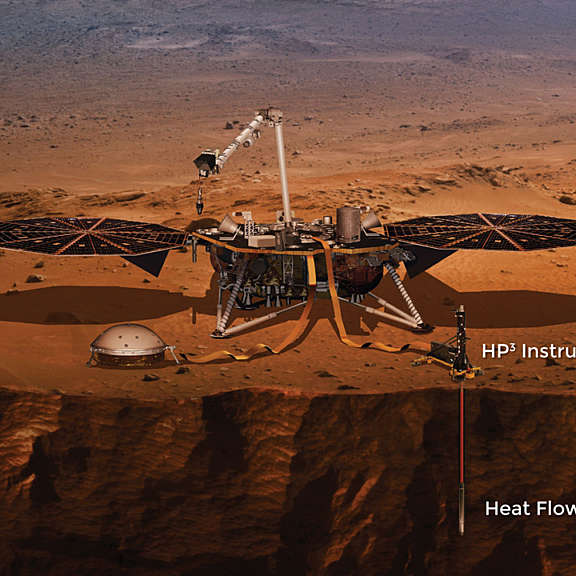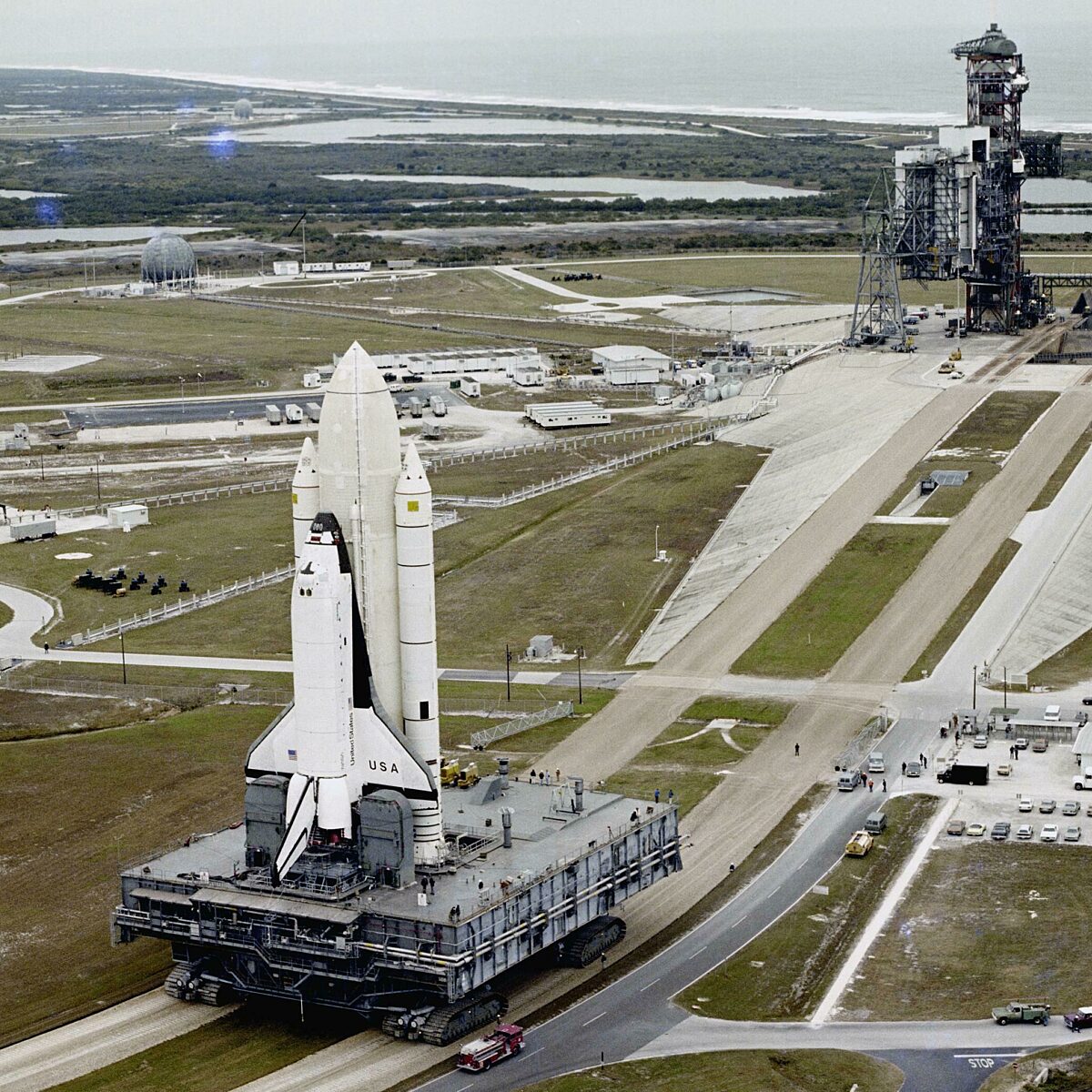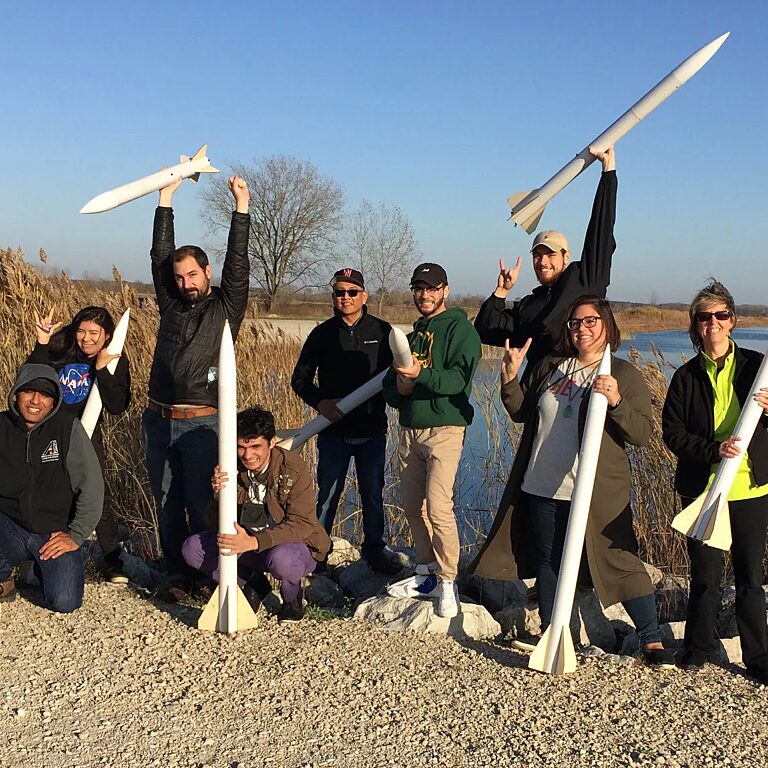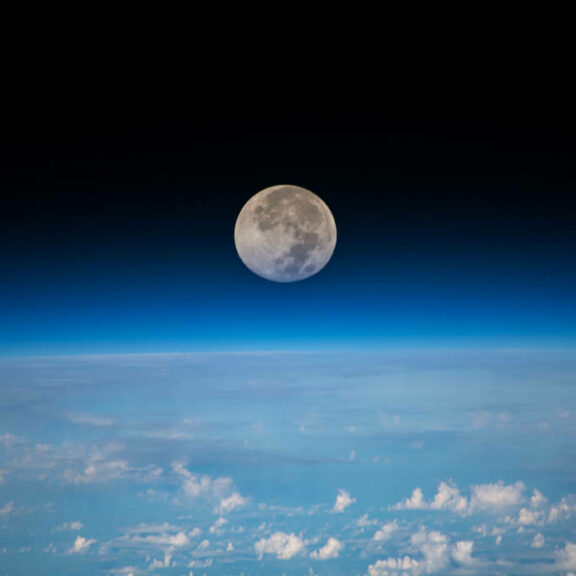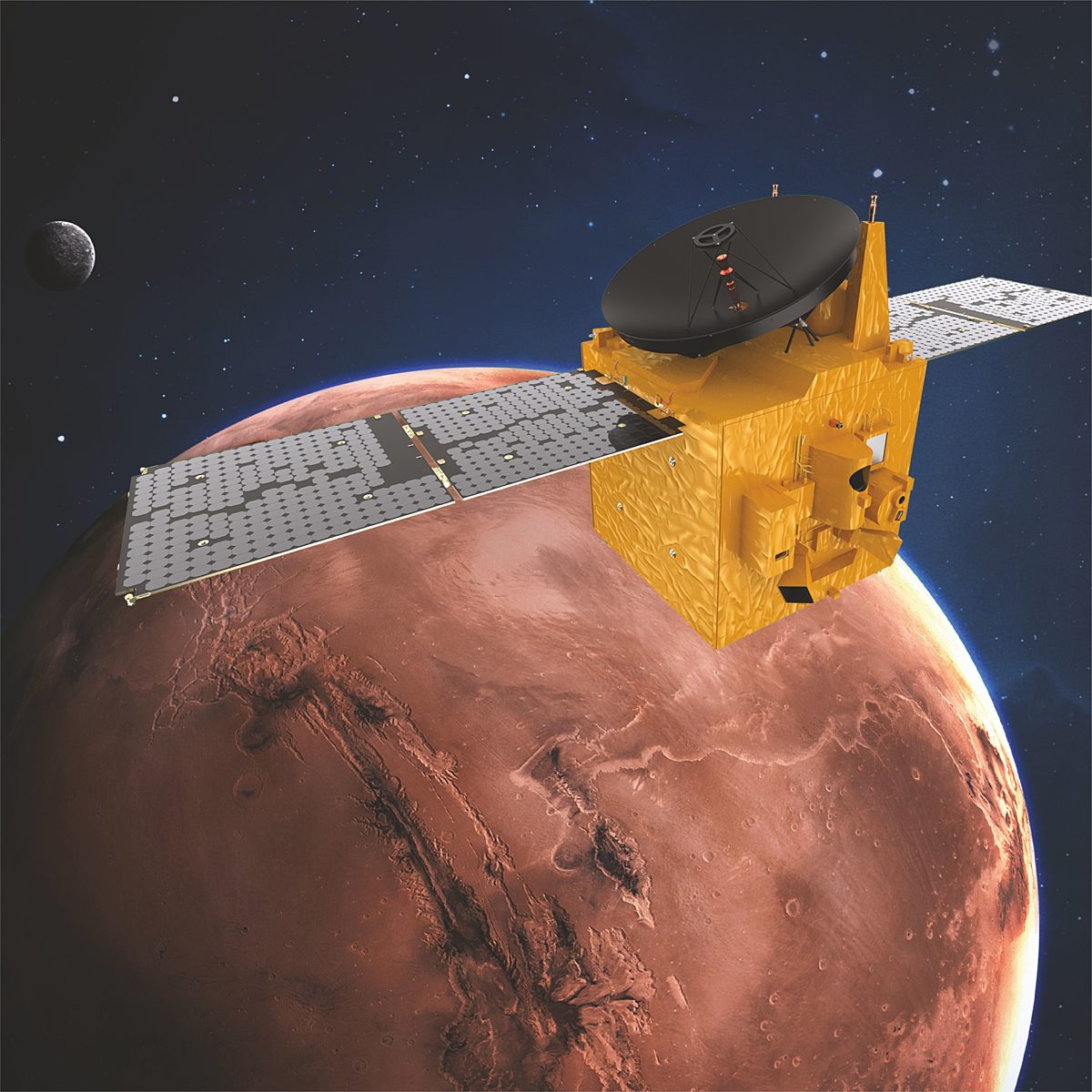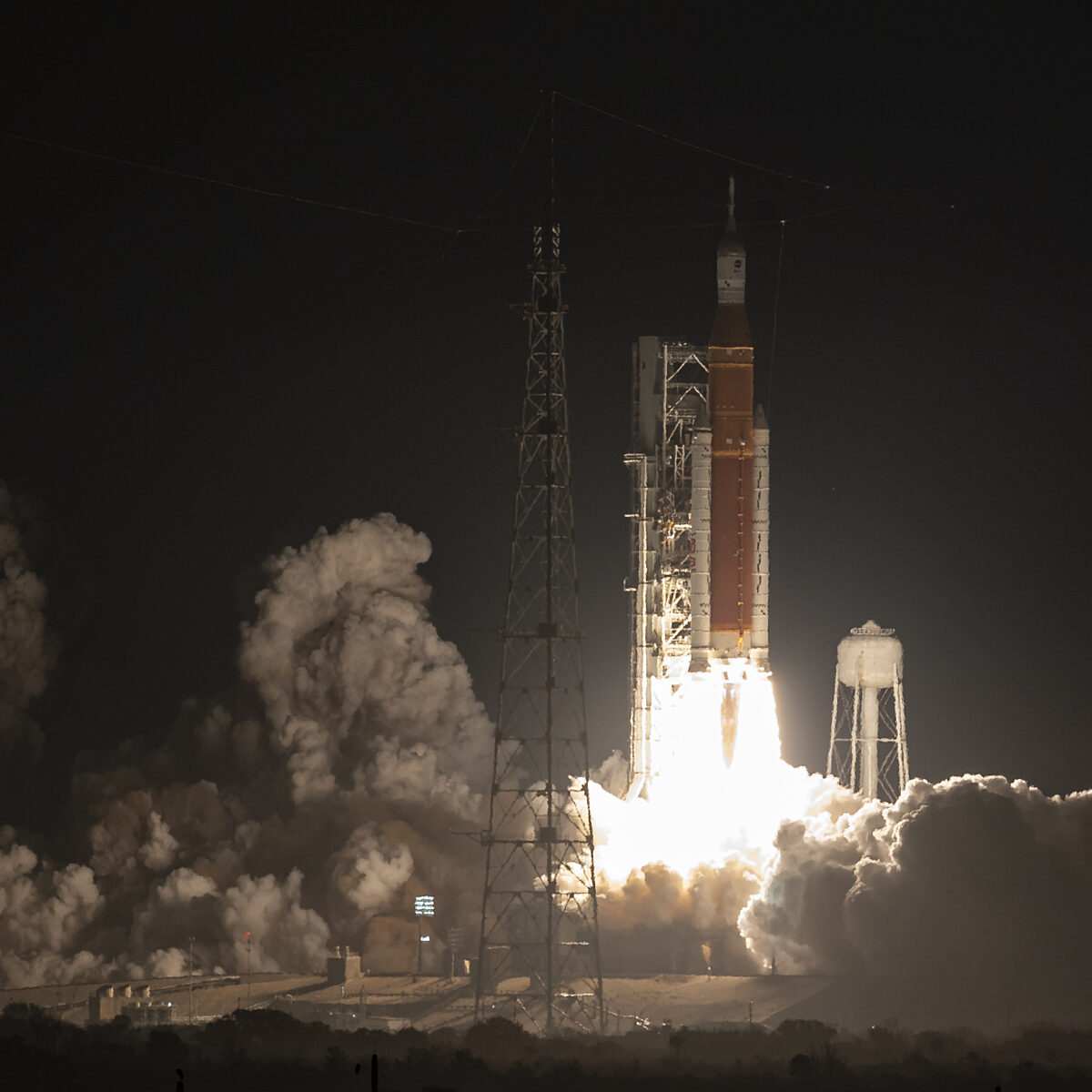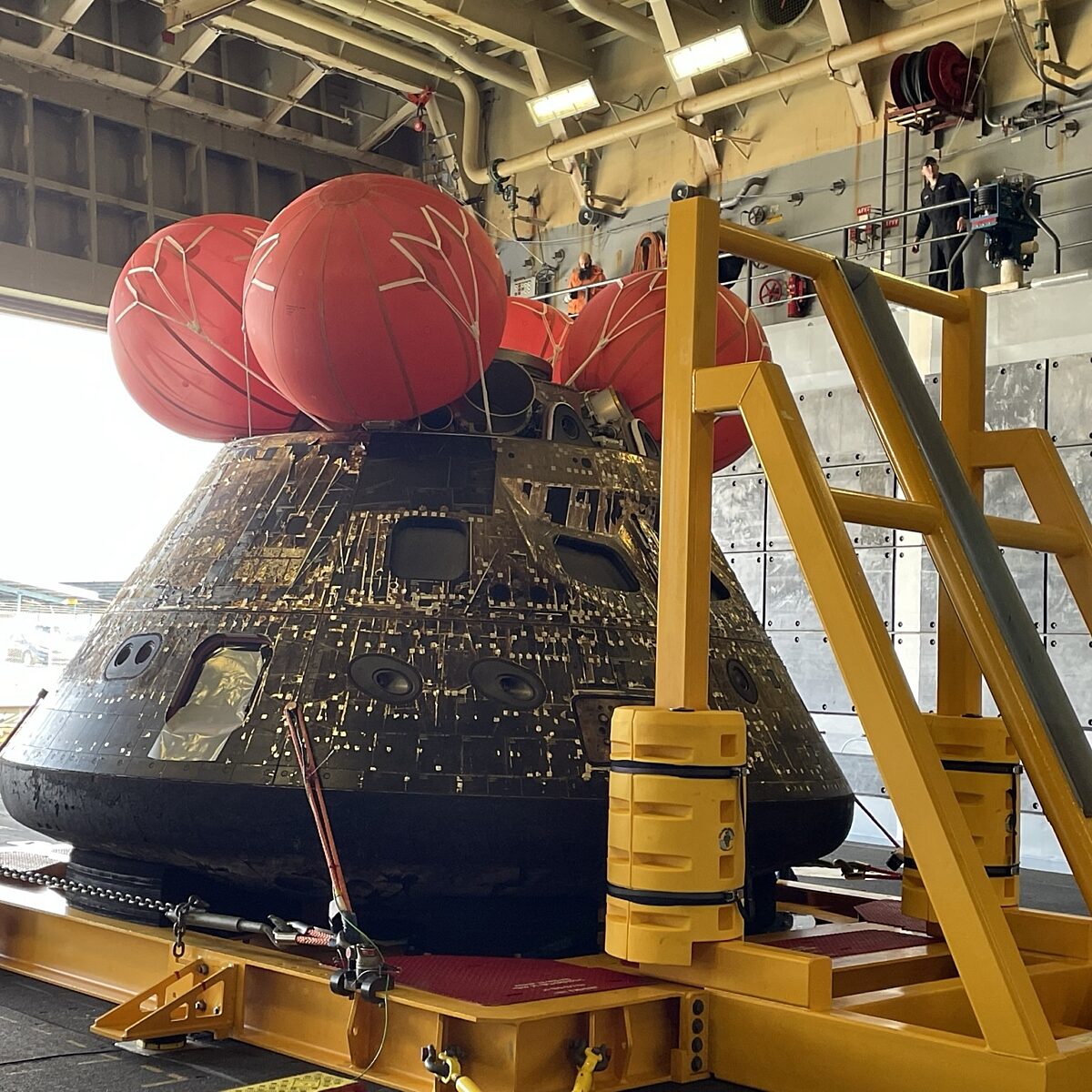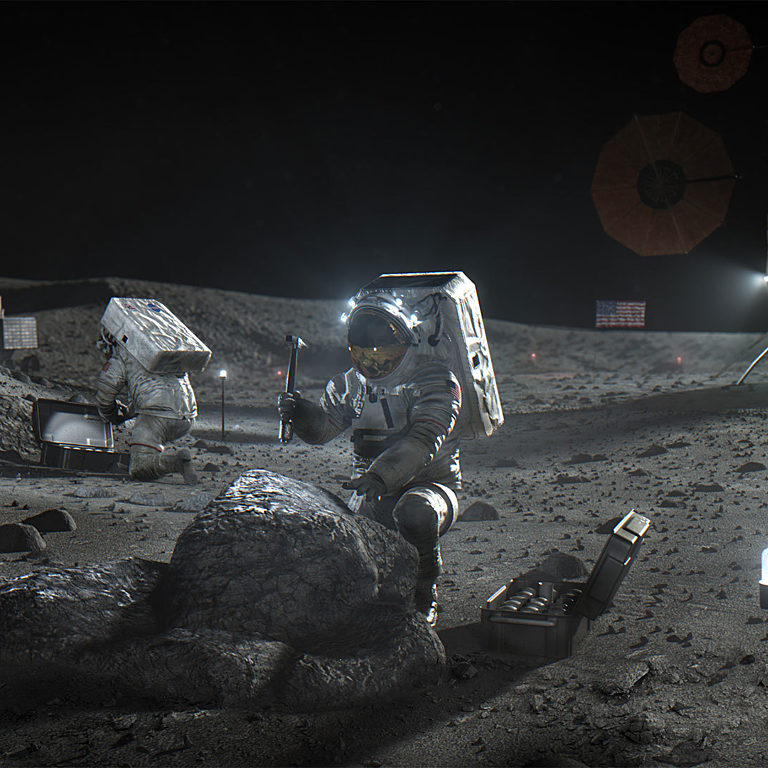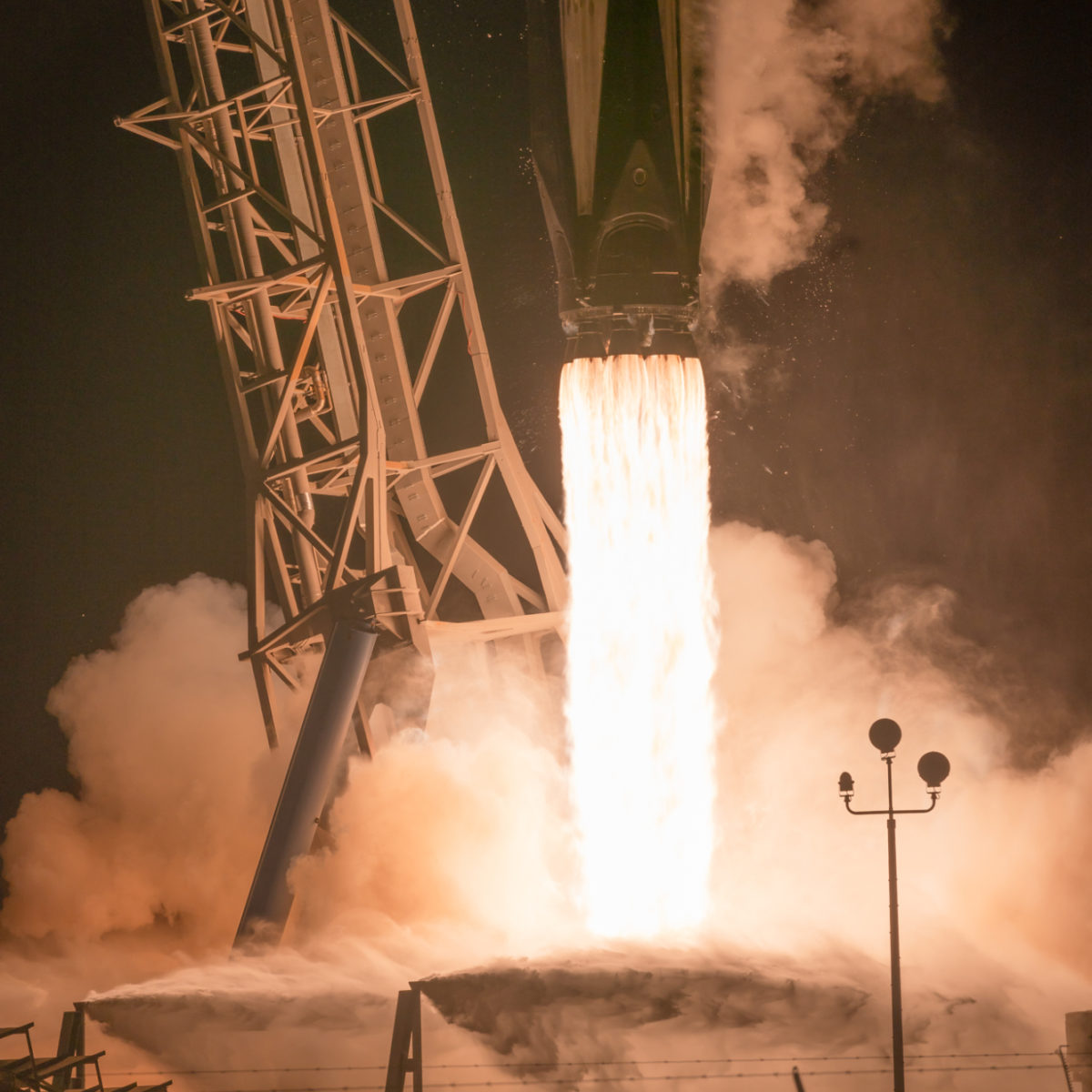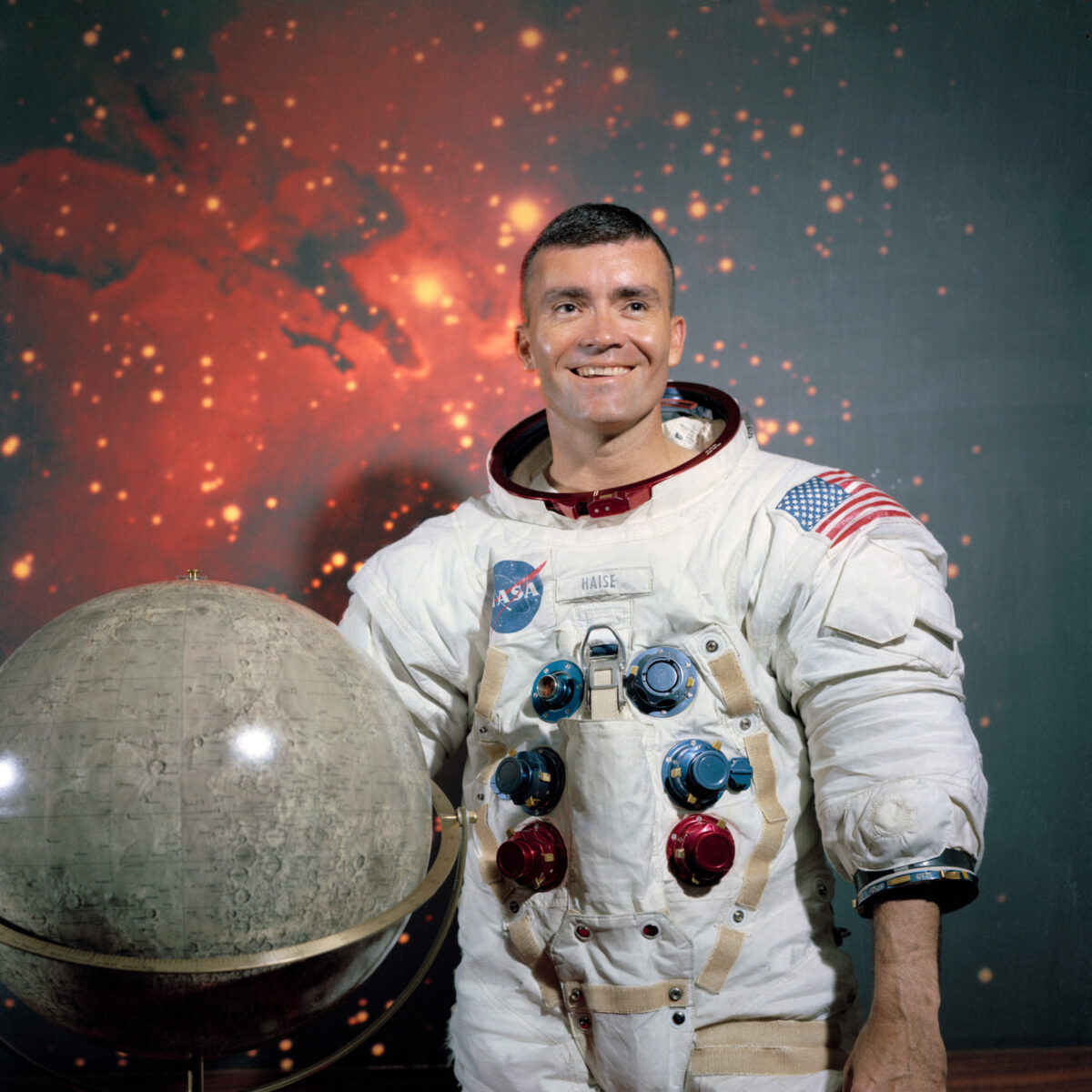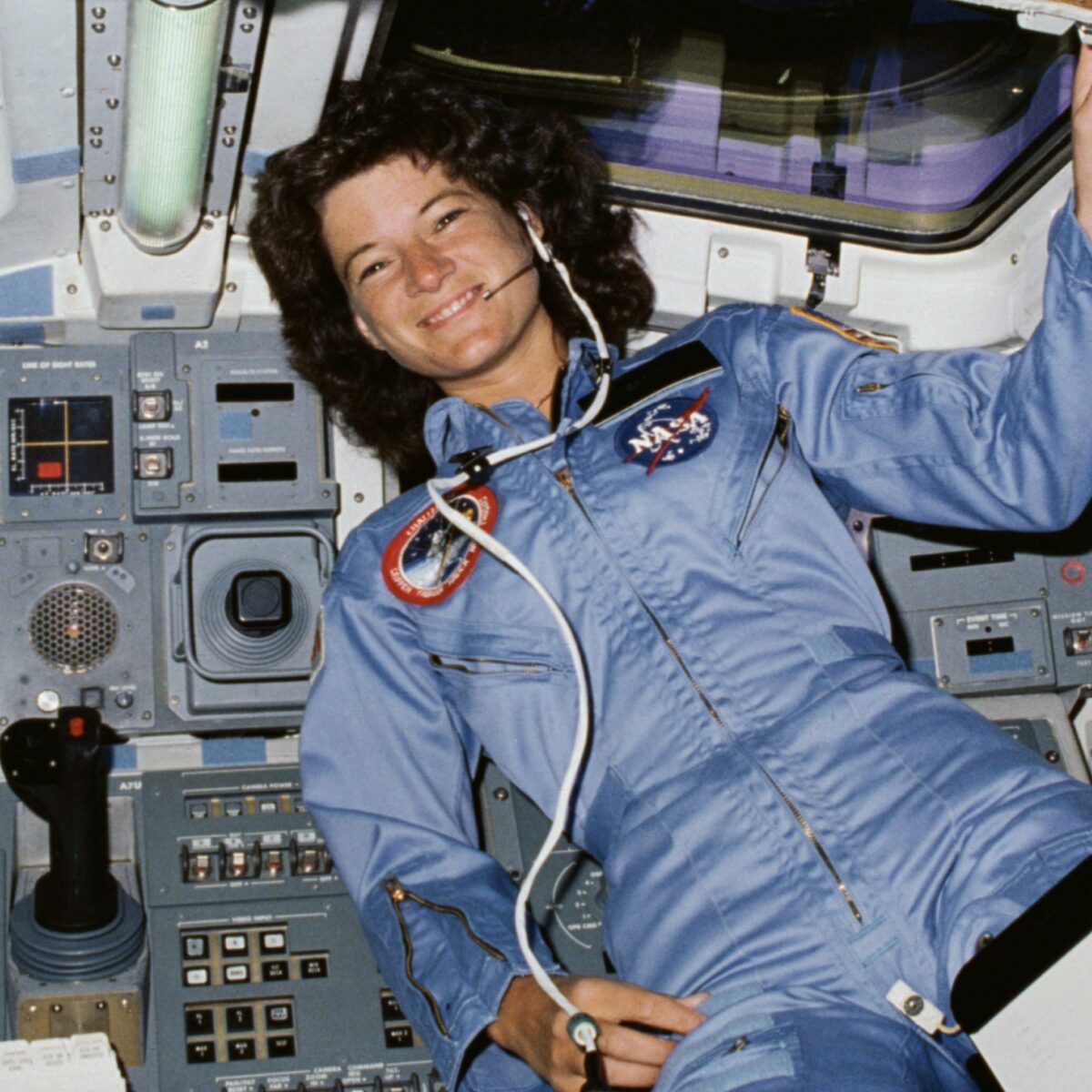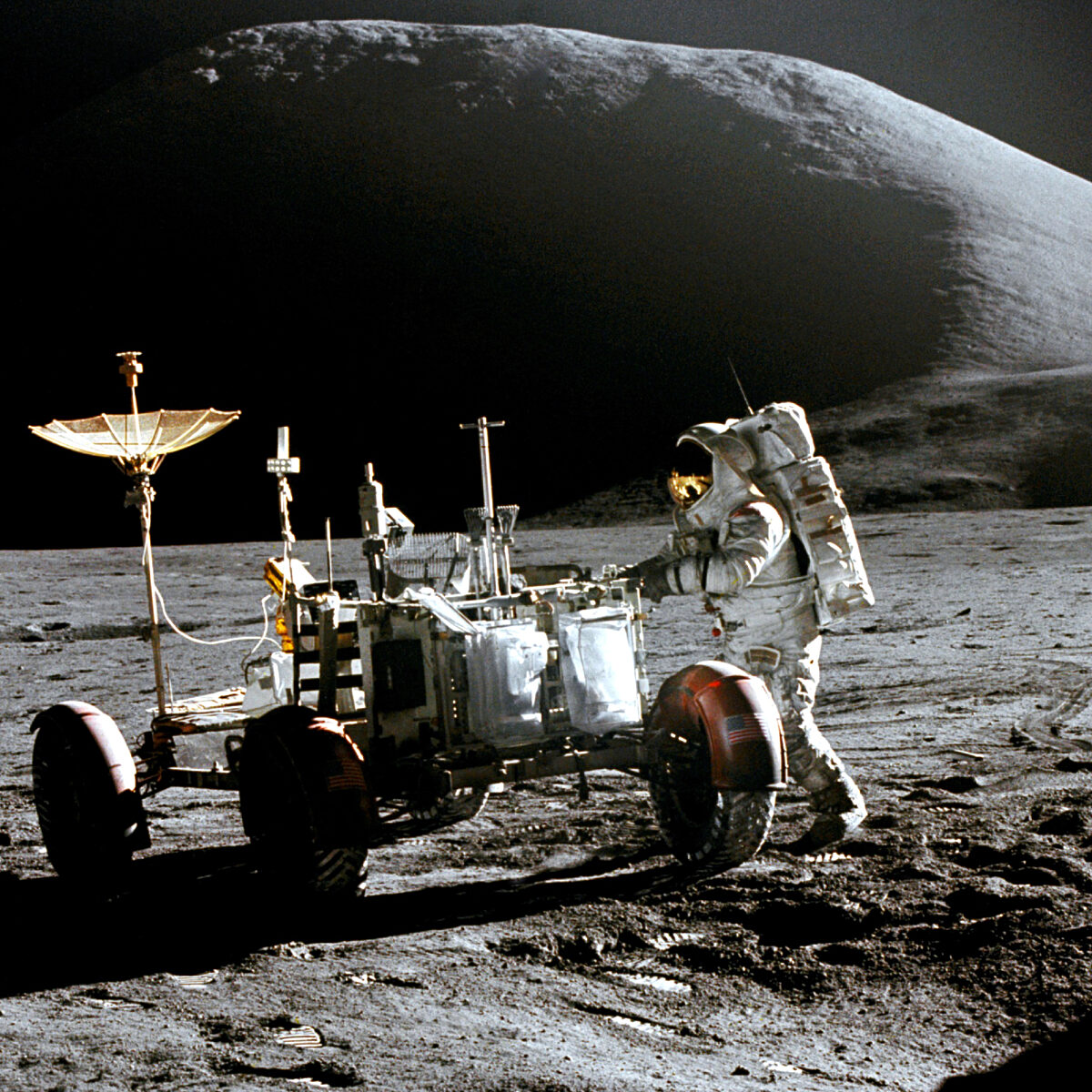Since 2002, Planetary Radio has visited with a scientist, engineer, project manager, advocate, or writer who provides a unique perspective on the quest for knowledge about our Solar System and beyond. The full show archive is available for free.
Search Planetary Radio
Darby Dyar, the deputy principal investigator for NASA’s VERITAS mission to Venus, returns triumphantly to Planetary Radio to share the story of how space advocates helped save this mission.
We share a conversation from the Humans to Mars Summit about integrating NASA and its partners as humanity looks to build a permanent and sustainable human presence on Mars.
Sabine Stanley, author of the new book "What's Hidden Inside Planets?", discusses some of the amazing things that lie under the surfaces of the worlds in our Solar System.
Though the Space Shuttle program lasted 30 years and built the ISS, it fell short of NASA's goals for cost, reusability, and reliability. Can a program be both a worldly success and a policy failure? In this Space Policy Edition, we dissect a classic space policy paper and debate its relevance today.
Steven Smith, an Education Specialist from NASA's Science, Technology, Engineering, and Mathematics (or STEM) Program, joins Planetary Radio to share some of the unique opportunities available for students in the lead-up to humanity's return to the Moon.
Scott Pace, the prior executive secretary of the National Space Council, discusses why Artemis is of strategic value to U.S. national interests — and why the Moon is unique as a destination to drive global space exploration.
Join us as we celebrate the accomplishments of a truly inspiring space mission - the United Arab Emirates' Hope probe, which has spent two amazing years orbiting Mars!
Jeremy Graeber, the assistant launch director at Kennedy Space Center in Florida, joins Planetary Radio to recount his experience on the night of Artemis I’s historic launch.
For his last episode as host, Mat Kaplan welcomes many of his Planetary Society colleagues for a review of a spectacular year of space exploration.
Host Mat Kaplan greets the Orion capsule that has just returned from the Moon, and then presents some of the best of Planetary Radio’s 20 years.
Leaders of several major, international space agencies talked with host Mat Kaplan during the first attempt to launch the Artemis 1 Moon mission.
Join Mat Kaplan and Planetary Society colleagues in Florida for the first attempt to launch the Space Launch System rocket on a mission to the Moon.
Former NASA Associate Administrator Mike Gold shepherded the Artemis Accords, a set of bilateral agreements for collaboration in human space exploration. Casey Dreier spoke with him in Florida as we awaited the launch of Artemis 1.
Former NASA deputy administrator Lori Garver returns for a deep conversation with Casey Dreier about her fight to turn the agency toward commercial partnerships and away from the expensive Constellation program.
Lori Garver went up against powerful forces inside and outside NASA to create the hugely successful commercial cargo and crew programs.
Fred Haise takes us on board the mission that almost didn’t make it home from the Moon and shares many other stories.
Building the next spacesuit for Moon walkers, and a shipboard update on how the Artemis 1 Orion capsule will be recovered from the Pacific Ocean.
A first-ever encore of our wonderful conversation with the first American woman in space.
Space historian and author of A Man on the Moon Andy Chaikin returns as we celebrate Apollo 15’s 50th anniversary.
Robert Crippen and John Young became the first humans to fly a space shuttle into orbit when Columbia launched on April 12, 1981.


 Explore Worlds
Explore Worlds Find Life
Find Life Defend Earth
Defend Earth




